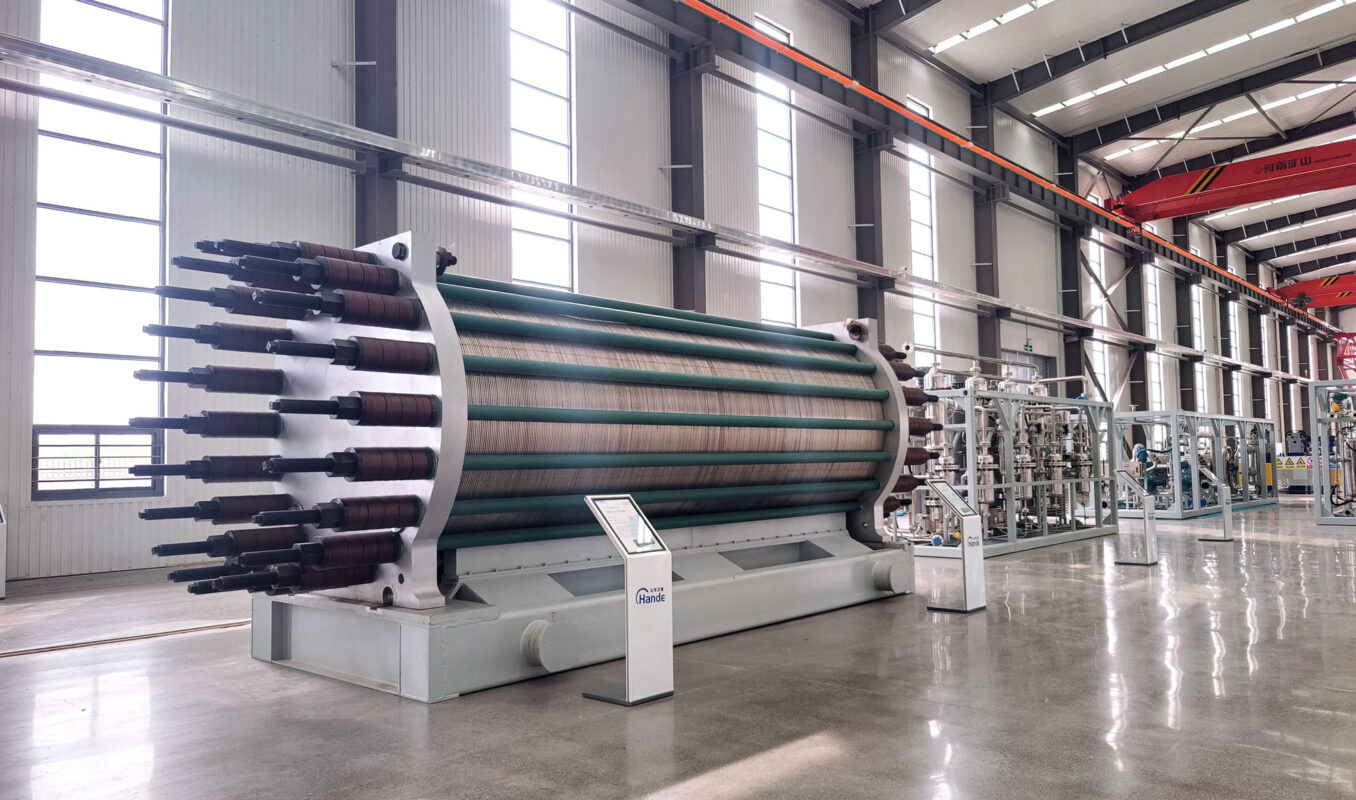Alkaline electrolysis of water stands out for its exceptional scalability, adapting effortlessly to diverse hydrogen production needs. This versatility makes it applicable across a spectrum of scenarios, from modest-scale initiatives to expansive industrial processes. Additionally, the extended operational lifespan of alkaline electrolysis ensures a consistent and sustainable hydrogen supply over an extended duration.
The cost-effectiveness of alkaline electrolysis is another notable advantage, with its equipment requiring less expensive materials compared to alternative hydrogen production methods. This affordability broadens its accessibility, extending its appeal to a diverse user base, including small enterprises and research institutions.
Simplicity defines the maintenance of alkaline electrolysis systems. Their straightforward design demands minimal attention and service, eliminating the necessity for specialized skills or costly maintenance routines, establishing it as a convenient choice for hydrogen production.
Operating at lower temperatures is a key benefit of alkaline electrolysis, contributing to reduced energy consumption and heightened overall efficiency. This energy-efficient process results in cost savings and a diminished environmental footprint.
High-purity hydrogen production is an additional merit of alkaline electrolysis, particularly crucial for applications in industries such as fuel cells and chemicals. The assurance of top-tier performance and reliability in these sectors solidifies alkaline electrolysis as a preferred method for hydrogen production.
Finally, the eco-friendly potential of alkaline electrolysis is noteworthy. By integrating renewable energy sources like solar or wind power, the process significantly curtails carbon emissions and diminishes reliance on fossil fuels, aligning with the overarching goal of fostering a sustainable and environmentally conscious energy system.
In summary, alkaline electrolysis of water offers a multifaceted array of advantages for hydrogen production. Its scalability, cost-effectiveness, low-maintenance attributes, ability to operate at lower temperatures, high-purity hydrogen output, and eco-friendly characteristics position it as a compelling solution across various applications. Whether deployed in small-scale projects or large-scale industrial settings, alkaline electrolysis of water emerges as a dependable and sustainable source of hydrogen.

